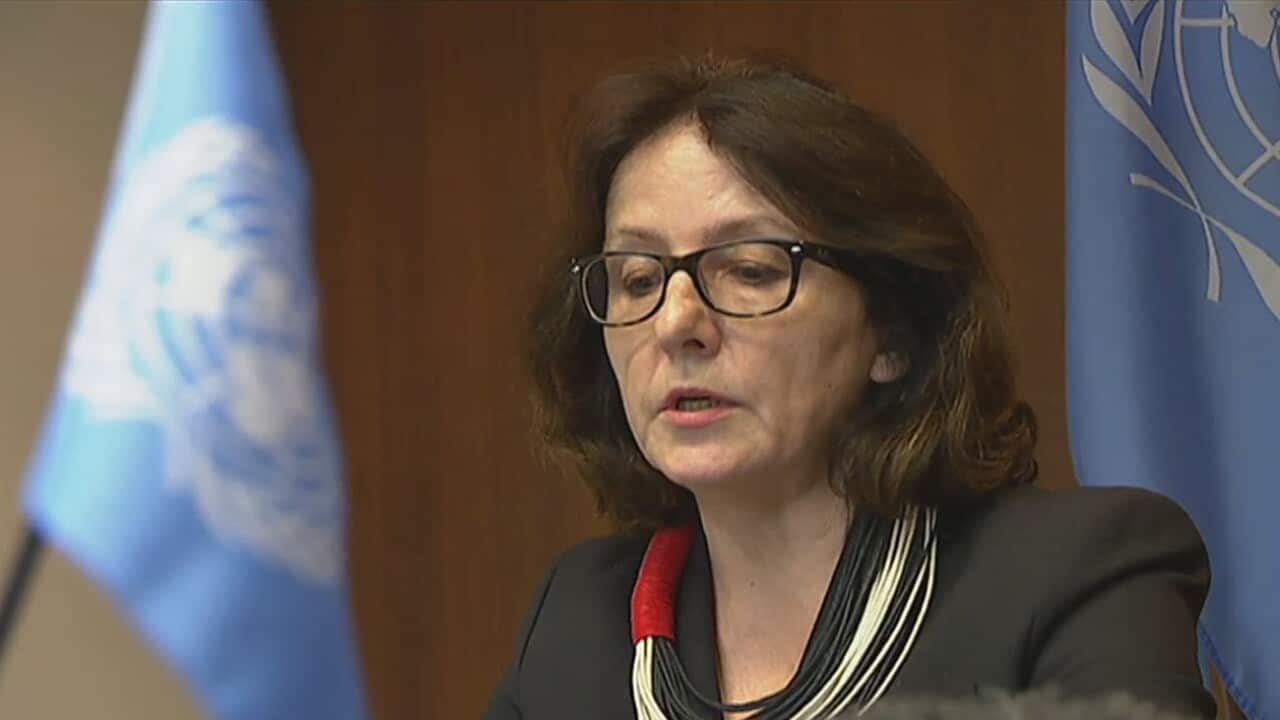UN special rapporteur on violence against women, Dubravka Simonovic has delivered her preliminary findings in Canberra, after her inaugural 15-day fact-finding mission to Sydney, Melbourne, Brisbane, Cherbourg and Alice Springs.
Ms Simonovic was particularly concerned about the plight of Indigenous women, who are 34 times more likely to require hospital treatment as a result of domestic violence, and up to 3.7 times likely to experience sexual abuse.
She also criticised the presence of red tape, which stops women from escaping domestic violence, and called on the government to lift its game when providing crisis services and shelters for women experiencing domestic violence, which is a key cause of homelessness.
RELATED CONTENT

10 women we need to listen to about Domestic Violence
Ms Simonovic’s tour included an opportunity to speak directly with women prisoners in a Brisbane jail.
The UN special rapporteur expressed concern for how women are being locked up for unpaid fines, and has called for better mental health care access and alternatives to custodial sentences for those with dependent children.
"I would urge the government to review a policy of incarceration for unpaid fines, which has a disproportionate effect on the rates of incarceration of Aboriginal women because of the economic and social disadvantage that they face," Ms Simonovic said.
She told reporters that adequate funding for community legal services was important, given that Indigenous women are the fastest growing prison population in Australia.
MORE ON THE CASHLESS CARD

Should the cashless welfare card be taken to more communities?
Ms Simonovic also slammed the rigidity of the basics card - a cashless debit card used to income-manage welfare payments in some remote communities in the Northern Territory, to curb spending on alcohol or gambling, for not providing the flexibility for women to spend their money on expenses related to domestic violence.
She also expressed concern about lax investigations into allegations of rape and sexual abuse of women refugees and asylum seekers in immigration detention on Nauru.









